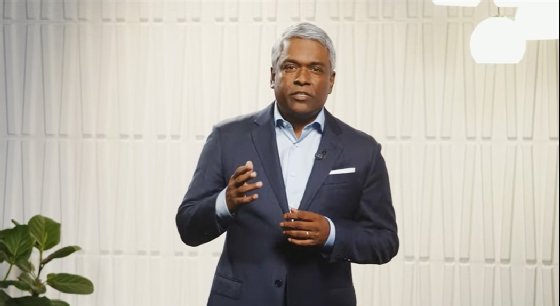
Getty Images/iStockphoto
Google rebrands contact center tech, adds more AI
Google adds faster, more lightweight generative AI processing as it rechristens CCAI as Customer Engagement Suite. But Google's privacy protocols have been questioned in lawsuits.
In a move that put Google on par with fellow cloud giants Microsoft and AWS in customer service tech choices, the company released a full contact center as a service and a host of AI tools.
Vendors like Google that produce AI-powered contact center technologies, however, have caught the eye of regulators and litigants in California. This could lead to changes in the wording of legal documents around customer service engagements, judgments against contact center defendants or new methods of training bots.
Customer Engagement Suite, formerly Google Contact Center AI (CCAI), adds support for Gemini Flash 1.5, a lightweight large language model that claims to be faster and more energy-efficient than Gemini 1.5 Pro. This allows users to more quickly summarize long, complex customer conversations for manager monitoring and for customer records.
Customer Engagement Suite also adds Smart Reply, an agent assist tool that learns to suggest answers from call transcripts and company documentation, live translation back and forth between more than 100 languages, and a generative AI knowledge assist tool that suggests queries during conversations.
"We see three aspects of customer agents driving the most impact: the ability to synthesize and reason across all types of multimodal information to give you the right answer; the ability to communicate and engage naturally, including speech or voice; and the style of writing and the ability to … reason quickly with real-world information," Google Cloud CEO Thomas Kurian said during the product launch event last week.
Contact center agent desktop
Perhaps the biggest addition to Google's customer service bundle is a standalone agent desktop front-end interface for contact centers, which CCAI lacked. Customers had to choose among Google's many partners including Ujet, a startup with which CCAI tightly integrates.
Concurrent to the Google Customer Engagement Suite release, Ujet secured a Series D $76 million funding round. Other providers also integrate with Google's contact center stack to provide the agent front-end, including Salesforce, Zendesk and Freshworks.
Constellation Research analyst Liz Miller said Google might end up cannibalizing what's been a strong, four-year partnership with Ujet, but there's potential upside.
"This isn't a matter of Goliath crushing David," Miller said. "They will be better partners than competitors."
Miller believes there is an opportunity for players like Ujet that deliver proven tools in the contact center space.
"There is a lot to like [about Ujet], especially for that midmarket player looking to bring a really modern engagement strategy to life," she said listing. "They take security and authentication seriously and leverage device level and mobile ready verification and engagement opportunities that are smart and additive to a customer's experience."

Legal issues loom
Meanwhile, the whole idea of using generative AI to process customer conversations is under fire. A class-action suit filed last month in California alleges that Google violated the state's Invasion of Privacy Act (CIPA) when its customer Home Depot failed to get its customers' authorization to be recorded.
Google and Home Depot are not the only targets for such suits. Patagonia and LegalShield and their contact center software provider, Talkdesk, also were named in separate lawsuits last summer. These battles will continue to plague many CCaaS vendors and contact centers until, at the least, the legal copy consumers accept before interacting with service offers them a chance to opt out of the training of bots, said Dan Miller, founder of Opus Research.
"The lawsuits are going to come fast and furious," Miller said. "CIPA is God's gift to contingency law firms."
The legal implications of using live customer service conversations for bot training remains to be seen as the cases wend their way through the court system. For example, a lawsuit against Google insinuating that it violated California wiretapping laws during Verizon customer service calls was dismissed last summer.
The liability isn't just confined to California. A lawsuit against Twilio, also filed in California, invoked state and federal laws, including the federal Electronic Communications Privacy Act, the California Wiretap Act and California's Comprehensive Computer Data Access and Fraud Act.
As if that isn't enough to watch for contact centers, another proposed California AI bill might add more regulations that could mandate "ethical" development technology to automate customer service.
Don Fluckinger is a senior news writer for TechTarget Editorial. He covers customer experience, digital experience management and end-user computing. Got a tip? Email him.






